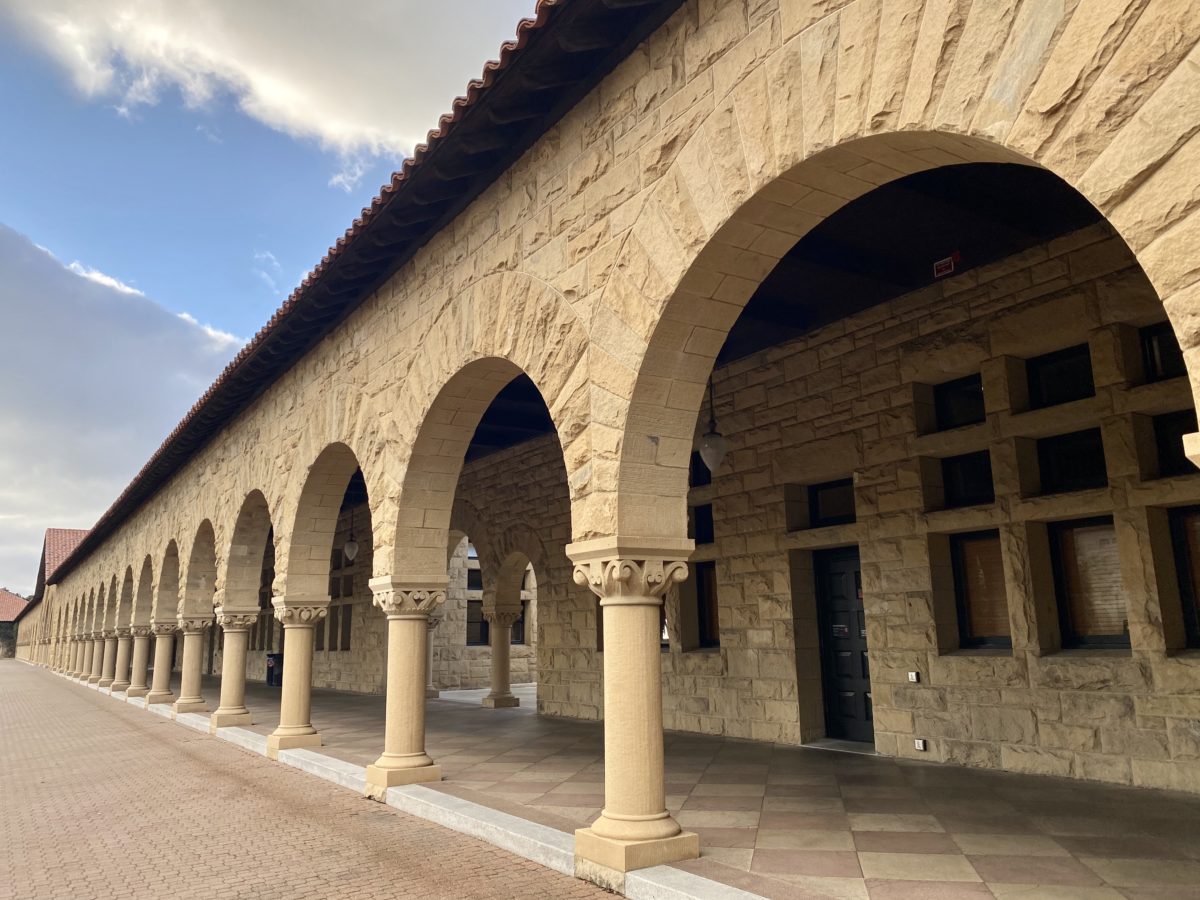Students have been reevaluating their course loads since the March 27 Faculty Senate vote deciding that spring quarter classes will be Satisfactory/No Credit (S/NC).
The grading policy was designed to prioritize academic equity amid the widespread disruption caused by the COVID-19 pandemic. But some freshmen returning to homes where they believe they can be equally, if not more, productive, have decided to capitalize on a S/NC quarter by trying to get a jumpstart on their four-year plans, increasing the number of units they are taking and in some cases switching to harder courses than originally planned.
Luca Pistor ’23 told The Daily that he is using the S/NC quarter to take classes he knows would be extremely difficult in the future.
“I probably would have taken 22 units anyways, as I did winter quarter,” Pistor said. “But the S/NC policy change has allowed me to enroll in more math courses than I would have taken otherwise.”
This grading policy is helping some freshmen like Pistor knock out requirements early, hopefully opening up space for them to take more elective courses in the future. Pistor, who said he finds himself fortunate to be in the situation where he can take extra units, is “glad that the Stanford administration decided to enact the S/NC policy.”
Bailey Nicolson ’23, who has never taken more than 18 units, originally signed up to take 21 units this quarter.
“Now that I’m not in all the clubs/organizations that I was in, there’s way more space in my schedule,” Nicolson said. “I was planning on taking 21 units before the grading basis change, but the change definitely made me feel more comfortable with the workload.”
S/NC courses taken this spring will count towards most majors and general education requirements, according to the registrar’s office and individual departments.
“The decision makes taking multiple hard classes easier, so if you’re waiting to take one of those classes, it would make sense to knock it out now,” Nicolson said.
While some students see this quarter as an opportunity to take the maximum amount of units possible, academic advising directors (AADs) are warning against this. In an email sent to undergraduate students, Florence Moore Hall AAD Melissa Stevenson wrote that AADs “recommend extreme caution” as “while the usual social, professional, and personal demands on your time may be reduced, it is also possible that new and situationally specific demands on your time and focus may arise.”
This email also suggests “delaying final decisions until you have tried the courses themselves and be[ing] willing to drop a class or classes by the end of the third week if you should become overwhelmed or overcome by circumstances.”
Now three weeks into the quarter, Nicolson has decided to drop one of her heavier classes, PSYCH 1: “Introduction to Psychology,” due to the demand of her other coursework.
Other students who expressed similar plans for their spring quarter — including adding in electives that had not originally fit into their schedules, trying out coursework they were unsure they would like such as CS 106A: “Programming Methodology” and getting ahead on tough classes they were dreading taking — are now questioning what is best in their situations. Many are finding those combinations more difficult than anticipated.
As the Week 3 add/drop deadline approaches, students are challenged to make the difficult decision about how much they can really handle from home.
“I really wanted to get the most out of the classes I was taking and it’s really hard to do that when you have over 20 units of difficult stuff,” Nicolson said. “Now that I’ve dropped, I’ve been able to spend more time with the stuff I am interested in.”
Like Nicolson, other students felt overwhelmed by the magnitude of the work demanded and overestimated the free time they would have at home.
“My experience with 20 units was rough,” said Gabi Fedetto ’23. “I was only able to tackle about three of the four classes I was in on a week by week basis. I’m now down to 17 units and 3 classes and it’s much more sustainable.”
Fedetto didn’t realize how many day-to-day services were provided by Stanford, and how time-consuming they can become. She now cooks and cleans for herself, as well as takes out her dog and helps her parents around the house. Overall, Fedetto said she was happy with her decision to choose a more sustainable course load and feels better going into Week 4 with the units she is enrolled in.
“Staying in touch with people is something you need to dedicate time for,” she said.
Contact Jenna Ruzekowicz at jruzekow ‘at’ stanford.edu.
